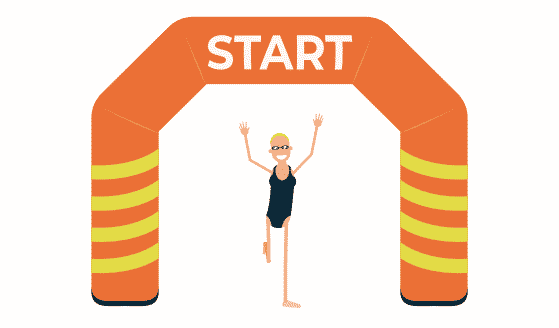From setting the research question to submitting the Extended Essay, here is an easy-to-follow guide for IB EE students to follow, along with personal anecdotes with tips to apply critical thinking techniques and find success.
Before I started the IB, the thing I was most worried about was the extended essay. I’m pretty sure the reason why I was so worried is because I had no clue what writing it would actually entail. In this week’s blog, I’ll be going over the basics of the extended essay so you don’t have to worried like I was!
What is an Extended Essay?
The extended essay (often called the EE) is a 4000-word structured essay on a topic of your choice which can take many different forms. Ultimately what your EE ends up looking like depends on the topic you choose.
Some students choose to write their extended essay about literature or history, which means they write a more traditional academic essay.
However, you can choose to conduct an experiment and write up the results if you want to focus on the sciences. Or you can try and solve an arithmetic problem if you are into maths. As long as it takes an academic format, it should be okay!
What is Included in an Extended Essay?
There are several things that you have to include in your extended essay. As a side note, the requirements for the EE were changed quite drastically in 2016, so it’s important that when you look things up about the EE you are looking at the updated guidelines! You can find out more about this here.
Based on these new guidelines your EE needs to contain:
- A research question
- A cover-page
- A table of content
- An introduction
- A main body
- A conclusion
- A bibliography
- 3 reflections from the beginning, middle and the end of the research process.
The Importance of The IB ee
The extended essay provides each student with the opportunity to investigate a topic of personal interest to them, which relates to either:
-One of the student’s six DP subjects, or
-the interdisciplinary approach of a World Studies extended essay.
Students gain the following skills by writing an extended essay:
-formulating an appropriate research question
-engaging in a personal exploration and critical analysis of the topic
-communicating ideas
-developing an argument
Essentially, the assessment criteria will evaluate the student based on their ability to research a subject, or in the case of the world study extended essay, the two disciplinary perspectives applied. In both examples, you are required to demonstrate knowledge, understanding, and application.
10 Steps to Writing an IB Extended Essay
Here is a step-by-step guide on how to write an extended essay, from research question to complete essay.
1. Define the Topic and Draft the Research Question
2. Create a Timeline
3. Research sources and expand knowledge about the topic
4. Set Deadlines
5. Plan the structure according to the total word count
6. Evaluate your understanding
7. Primary and secondary Research and theory
8. Write the extended essay draft to explain what you learnt
9. Analyze and Edit
10. Present
By following the steps above, you should be able to produce a logical and coherent rationale to follow when writing the extended essay for your IB diploma programme.
Can You Get Help for the IB Extended Essay?
Of course you do! In fact, you actually get a lot of help. Your school will assign you a ‘supervisor’. Your supervisor will be an IB teacher at your school and it is their responsibility to meet with you and discuss your research question, your planning and also your first draft.
What are the Next Steps?
In conclusion: your extended essay is typically something you write towards the end of your first year of IB so I wouldn’t worry too much about it right now. However, it’s likely you will have to choose your topic and research question sooner rather than later.
What I would recommend is to start thinking about what subject would interest you enough to write a mini thesis of 4,000 words on it.
Pro Tip: Find an example of an extended essay that is effective so you can see how they applied the tips above and explored their research question.
If you find lots of essays, this suggests to you that this is probably a good topic! If there isn’t very much, that doesn’t mean it’s a bad idea, but you might want to change the focus a little to make it easier to conduct research and find enough data to work with.
Don’t let the task overwhelm you: the research and writing should be fun! Students who are truly interested in their topics will likely find the most success.
Get Support from a Tutor at Lanterna for the IB Diploma Programme
Lanterna has over 300 tutors who aced the Extended Essay for their courses. They are equipped with the knowledge and experience to help you get an A in your EE. What are you waiting for? Get your own tutor today and learn valuable insights sure to help you succeed.
For more details about your IB extended essay, be sure to check out our blog post with 100 topic ideas to get you started!
It explains how you can find your research topic, formulate a research question and explain it fully in accordance with the assessment criteria, and finally tips on how to write extended essays.



